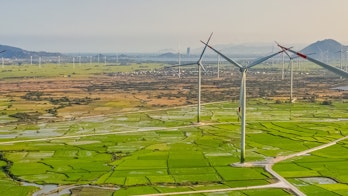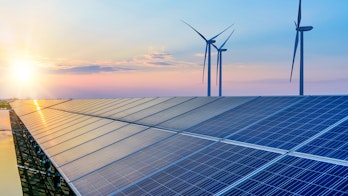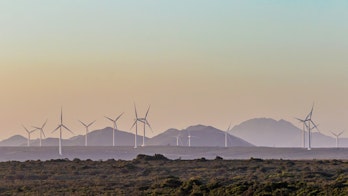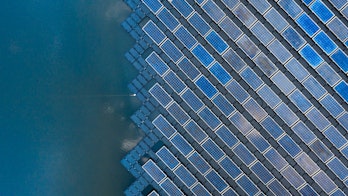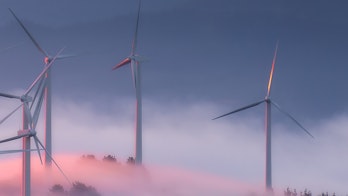Clean Energy Transitions Programme
Transforming the world’s energy system to achieve a low-carbon future

About CETP
Accelerating clean-energy transitions in major emerging economies
The CETP turns targets into action, working to accelerate progress towards the goal of global net zero emissions through secure and people-centred clean energy transitions, with a focus on major emerging and developing economies. By supporting the greatest energy reorientation of this century, CETP is leading the global fight against climate change and advancing the IEA’s mission to shape a secure and sustainable energy future for all.
Since its inception in 2017, the CETP has grown to become the IEA's flagship programme for strengthening the Agency's global leadership in clean energy transitions. Through direct engagement with countries and regions, the CETP helps develop specific work projects with a primary focus on implementation, leveraging the expertise, insights, and influence of the IEA across all fuels and technologies. Its activities include data and analytical work, technical cooperation, policy advice, training, and strategic and political dialogues. The CETP is increasingly focused on capacity building to help countries drive their way forward and create the enabling environment for energy transitions, while maintaining a goal of improving peoples’ lives and well-being.
In 2022, at the IEA's Ministerial Meeting, 15 IEA member countries and the European Union endorsed a Joint Commitment through which they pledged to provide an annual funding stream of EUR 20 million to the IEA's CETP through 2030, with the goal of supporting clean energy investment in emerging economies and accelerating the global transition to net zero emissions.
Three pillars of the CETP: Accelerating national transitions, multilateral co-ordination and enabling global energy dialogue
Pillar I, or accelerating nation transitions, is the core of the programme’s work and receives the largest budget allocation. The pillar’s priority is to support emerging and developing economies to develop clean energy transition goals in line with Paris Agreement objectives and Sustainable Development Goals (SDGs). Each country has a unique starting point and economic environment, and the programme’s advice and projects are tailor made to address each country’s specific challenges and opportunities.
Pillar II, or multilateral co-ordination, provides inputs to major international collaboration mechanisms such as the G7, G20, the Clean Energy Ministerial (CEM), and directly coordinates some of the multilateral fora, such as the Regulators Energy Transitions Accelerator (RETA), the Biofuture Platform and the IEA’s own Technology Collaboration Programmes. The quality and pertinence of the Agency’s guidance has earned it a seat at major international summits.
Pillar III, or enabling global energy dialogue, is about putting the IEA’s authoritative data, modelling capabilities, climate leadership, and extensive policy advice at the service of the global energy community, including key decision makers in government, the private sector, multilateral banks and international development agencies. Providing leaders with demand-side data, end-use efficiency indicators, and clear actions to implement is essential for guiding, monitoring and achieving energy transitions.
Country brochures
Work in selected areas
The CETP partners with countries, especially emerging markets and developing economies, to accelerate clean energy transitions – from high-level strategies and roadmaps, to detailed technical plans and training – while helping to achieve the UN Sustainable Development Goals and the Paris Agreement. The brochures below provide an overview of selected activities in focus countries and regions.
CETP annual reports
CETP analysis
-
Islands need resilient power systems more than ever. Clean energy can deliver
-
Who is investing in energy around the world, and who is financing it?
-
Clean Energy Investment for Development in Africa
Status and opportunities

-
Tracking SDG7: The Energy Progress Report, 2024

-
Power utilities need digital talent – but not all are searching for it
-

World Energy Investment 2024
-
COP28 Tripling Renewable Capacity Pledge
Tracking countries’ ambitions and identifying policies to bridge the gap

-
Strategies for Affordable and Fair Clean Energy Transitions
World Energy Outlook Special Report

